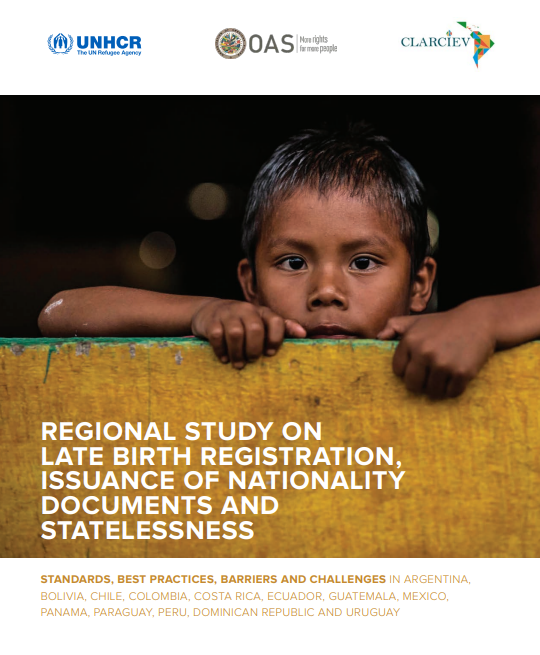Stillbirth: The “neglected stepchild” of civil registration and vital statistics (CRVS)
(Newsletter: CRVS Insight March 2022)
The CRVS community in Asia and the Pacific has reflected on where it stands at the midpoint of the CRVS Decade (2015-2024) during the Second Ministerial Conference. Following this celebration of progress, many of our partners and member countries are leading actions to fill the remaining gaps. To learn more about CRVS in Asia and the Pacific, please subscribe to our newsletter, which offers a monthly panorama of CRVS actions throughout the region Previous editions can be found here. |
(Newsletter: CRVS Insight March 2022)
(Newsletter: CRVS Insight March 2022)
(Newsletter: CRVS Insight March 2022)
The Civil Registration Vital Statistics (CRVS) Inception Workshop for Assessing Inequalities in Registration was held on 28 January 2022, from 8:00 a.m to 13:00 p.m, Holiday Inn, Suva, Fiji.
Documents
Presentations
(Newsletter: CRVS Insight April 2022)
This document was jointly prepared by the Regional Bureau for the Americas of the United Nations High Commissioner for Refugees (UNHCR) and the Universal Civil Identity Program in the Americas (PUICA), part of the Department for Effective Public Management (DEPM) within the Organization of American States (OAS).

The Pacific Community (SPC), together with UNICEF have published a series of CRVS profiles for the Pacific Island region. The profiles consolidate knowledge shared by countries on the status of their CRVS systems in the recent past, including through government websites, published reports, media releases and presentations, and direct engagement between the authors of these profiles and in-country civil registration offices and health information offices.
Organised with the support of the Technical Support Unit for Civil Registration and Vital Statistics (TSU-CRVS), provincial governments convened face-to-face and virtually for the inception workshop to launch the ESCAP project on implementing inequality assessments and strengthening demographic capacity on CRVS in Pakistan.
The World Health Organization's (WHO) Eleventh Revision of the International Classification of Diseases (ICD-11) has now come into effect.